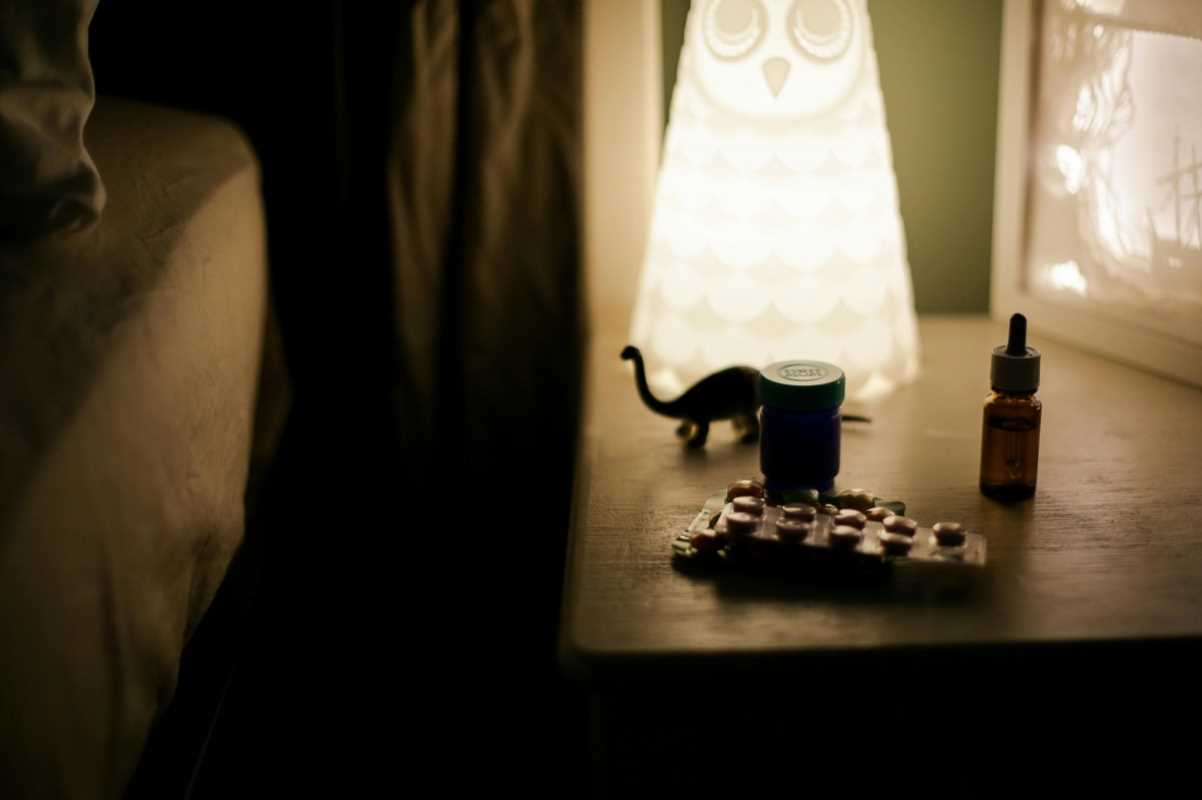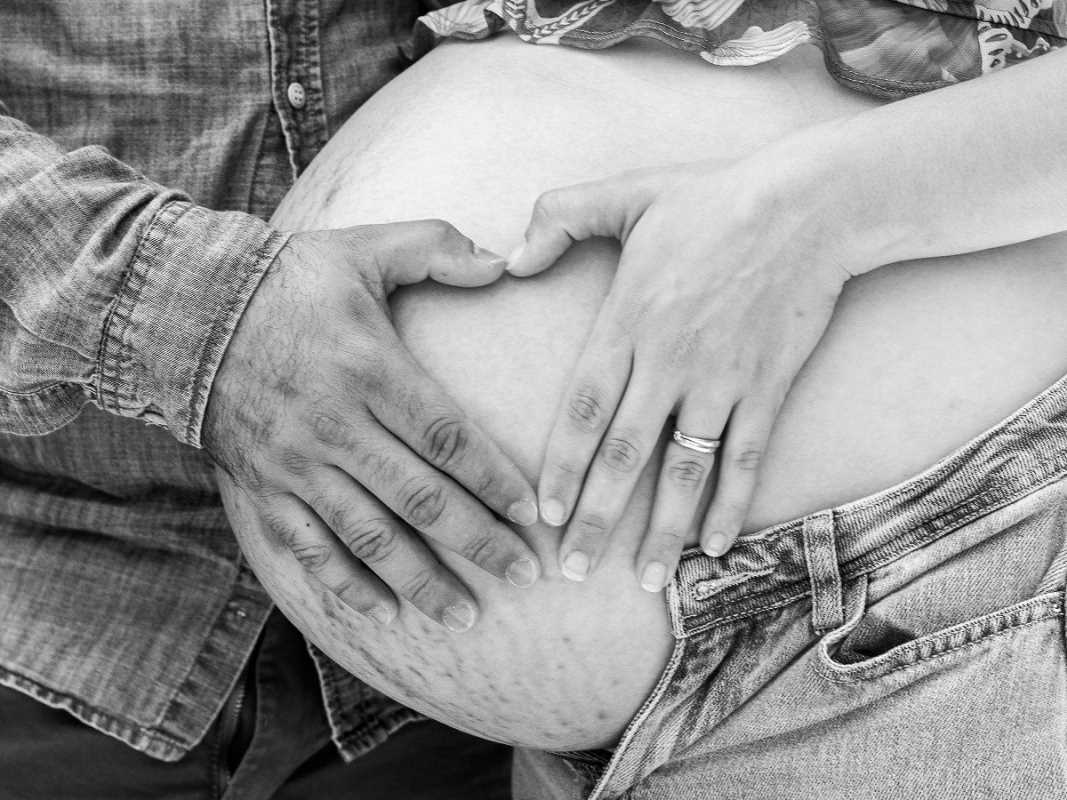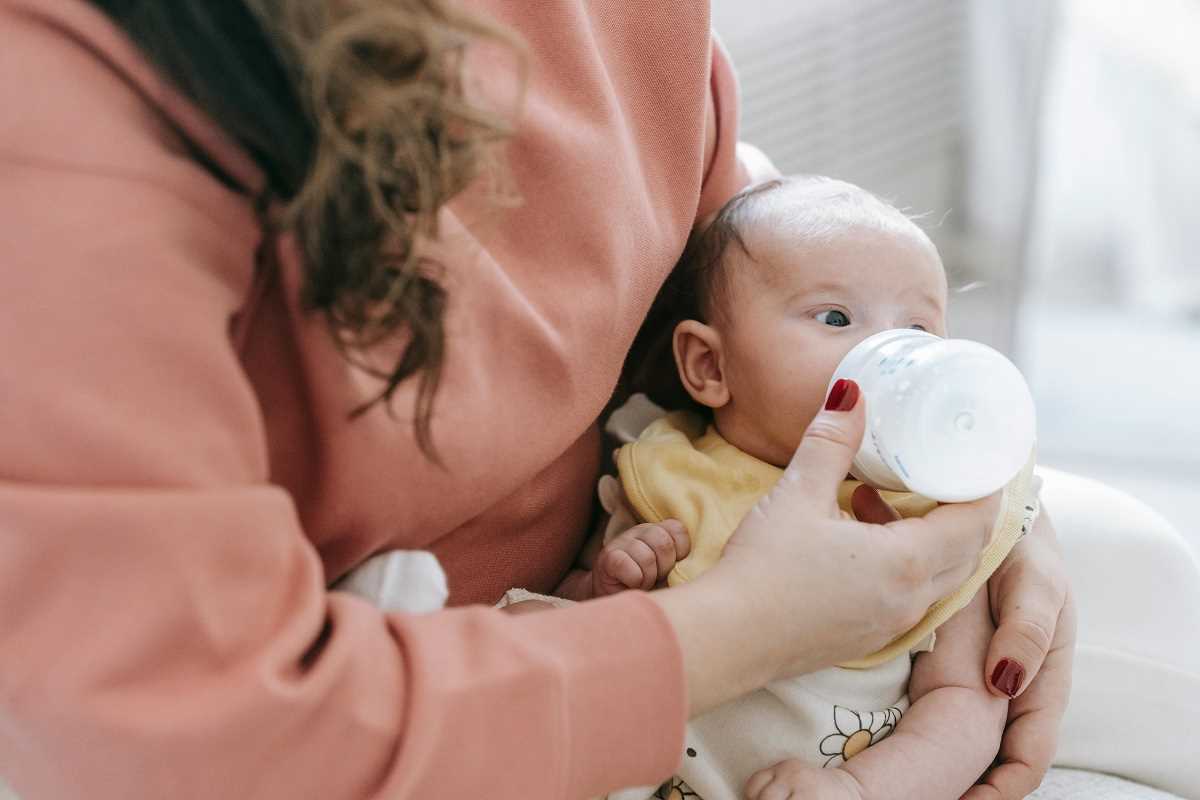Bringing a new baby home may be a moment you’ll treasure forever. But it also has its dark side too. With all this change, it’s easy to see why new moms feel emotional—sometimes to the point of tears. But if those feelings go beyond the typical “baby blues” and start to impact your daily life, it could be something more serious, like postpartum depression (PPD).
Postpartum depression is a common condition that affects about 1 in 7 moms, yet it’s often misunderstood or even ignored. If you’re feeling off or unrecognizable to yourself since having your baby, know this—it’s not your fault, you’re not alone, and most importantly, help is available. Here’s everything you need to know about PPD, including symptoms to look out for, causes, treatment options, and resources to lean on.
What Is Postpartum Depression?
Postpartum depression is a mental health condition that occurs after giving birth. It’s more than just “having a bad day” or feeling a little tired. Unlike the baby blues—which are common and typically fade after about two weeks—PPD can last for weeks, months, or even longer if left untreated.
PPD doesn’t just affect your mood; it can influence your energy level, appetite, motivation, and ability to bond with your baby. This isn’t something you can just “snap out of,” and that’s okay. It’s a medical condition that deserves attention and care.
Symptoms of Postpartum Depression
PPD looks different for everyone, which is why it can be hard to spot. Some moms may feel overwhelmingly sad, while others might experience heightened anxiety or even anger. Pay attention to how you’re feeling, and talk to someone if you notice symptoms like these persisting for more than a couple of weeks:
- Mood changes like feeling sad, hopeless, or empty most of the time.
- Excessive crying, even when you don’t know why.
- Loss of interest in things you used to enjoy.
- Difficulty bonding with your baby.
- Guilt or shame, often tied to thoughts of “not being good enough” as a mom.
- Extreme fatigue that doesn’t go away with rest.
- Troubling thoughts about harm to yourself or even your baby.
If any of these symptoms sound familiar, remember that they’re not a reflection of your parenting skills. They’re signs that your body and mind need help.
Baby Blues vs. Postpartum Depression
It’s completely normal to feel emotional after having a baby. This is a huge life event, and your hormones are going through a rollercoaster ride. But how can you tell if it’s the baby blues or something more serious?
- Baby Blues: These feelings typically show up 2-3 days after delivery and may include mood swings, irritability, or trouble sleeping. They usually fade on their own after two weeks.
- Postpartum Depression: PPD symptoms are more intense and last longer. Unlike the baby blues, they can interfere with your daily life, relationships, and ability to care for yourself or your baby.
If you’re still feeling off well past the two-week mark or if your symptoms are severe, reach out to a healthcare professional. Early intervention is key.
What Causes Postpartum Depression?
The exact causes of PPD aren’t fully understood, but it’s likely a combination of physical, emotional, and environmental factors at play. Here are a few possibilities:
- Hormonal Changes: After childbirth, estrogen and progesterone levels drop suddenly, which can contribute to mood swings and feelings of depression.
- Sleep Deprivation: Newborns don’t come with a manual—or a sleep schedule. Lack of rest can significantly impact your mental health.
- Life Stress: Adjusting to parenthood is stressful! Between financial concerns, relationship dynamics, and learning how to care for a tiny human, it’s easy to feel overwhelmed.
- History of Depression or Anxiety: If you’ve experienced depression or anxiety in the past, you may be at a higher risk for PPD.
Understanding the root cause can help you make sense of your feelings, but remember—it’s not about blame. No one “causes” postpartum depression. It’s just something that happens, and it’s treatable.
How Is Postpartum Depression Treated?
The great news is that PPD is highly treatable, and you don’t have to suffer in silence. Here are some common options that can help you start feeling like yourself again.
1. Talk Therapy (Counseling)
Speaking with a therapist can help you process your feelings and develop coping strategies. Cognitive-behavioral therapy (CBT) and interpersonal therapy (IPT) are two types of talk therapy often used for PPD.
2. Medication
Antidepressants can be an effective option for managing PPD, especially if your symptoms are severe. Be sure to discuss any concerns about breastfeeding with your doctor, as some medications are safe to use while nursing.
3. Support Groups
Sometimes, what you need most is to connect with other moms who “get it.” Joining a support group—whether in person or online—can remind you that you’re not alone in this.
4. Lifestyle Changes
While therapy and medication are essential for many, small lifestyle changes can also help:
- Move your body: Light exercise, like walking or yoga, can help you feel better mentally and physically.
- Eat well: Fuel your body with nourishing foods to support your recovery.
- Ask for help: Delegate chores, accept support from friends and family, and give yourself permission to rest.
Resources for Postpartum Depression
You don’t have to figure this out alone. If you’re struggling, there are several incredible resources available to support you.
- Postpartum Support International (PSI): PSI offers a 24/7 helpline (1-800-944-4773) and connects moms with local support groups, therapists, and resources.
- Maternal Mental Health Hotline: Call or text 1-833-9-HELP4MOMS (1-833-943-5746). This is a free, confidential hotline for moms experiencing mental health challenges.
- LactMed: If you’re breastfeeding and considering medication, LactMed provides information on drug safety for nursing moms.
- Local Resources: Reach out to your doctor or hospital for information on therapists, doulas, or support groups in your area.
Self-Care Strategies for Moms
While professional help is crucial, don’t underestimate the power of self-care for your mental health. Here are some ways to take care of yourself during this challenging time:
- Set Small Goals: Focus on manageable tasks, like getting outside for 10 minutes, taking a shower, or practicing deep breathing.
- Be Gentle with Yourself: This isn’t the time to aim for perfection—your best is enough.
- Build a Village: Surround yourself with supportive people who understand what you’re going through.
- Take Breaks: Even a few moments to drink coffee or scroll through social media can feel like a luxury in the newborn phase.
Remember, self-care isn’t selfish. It’s about ensuring you’re in the best place possible to care for your baby.
Postpartum depression can feel isolating, but you don’t have to face it on your own. By understanding the symptoms and reaching out for help, you can begin to heal and rediscover the joy of motherhood.
If you’re reading this and thinking, “This sounds familiar,” please take the next step. Whether it’s calling a friend, scheduling a therapy appointment, or joining a support group, there’s no wrong way to ask for help.
 (Image via
(Image via





